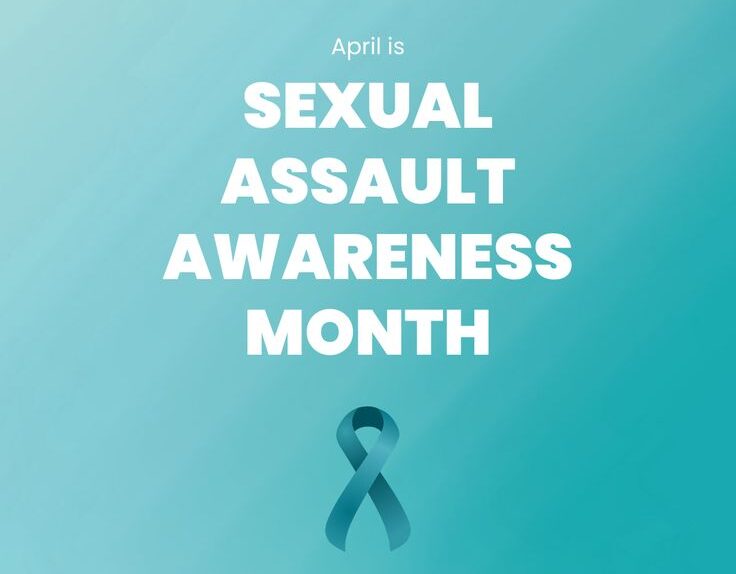KEEPING COLD WEATHER illnesses in check
While the rainy weather may be a welcome reprieve from the dust-filled sunny days, it also presents a different set and degree of problems especially where health is concerned. The


While the rainy weather may be a welcome reprieve from the dust-filled sunny days, it also presents a different set and degree of problems especially where health is concerned. The drops in temperature not only makes one susceptible to infections and allergies, but also can exacerbate and flare up other conditions. Whether your child is affected or you are looking to avoid an infection, below are the most common pesky cold weather ailments to look out for, how to avoid them and their recommended remedies.
Colds
One cannot talk about the chilly weather without mentioning colds. Colds are viral infections that affect the nose, throat and the body’s airway systems. Symptoms include sneezing, a stuffy and runny nose, coughing and a scratchy sore throat. In severe cases, children may also develop fever and difficulties in breathing.
Treatment: Since it’s viral, there is no one ideal treatment. Visit your paediatrician for a prescribed treatment regimen, which may include decongestants and antihistamines.
Tip:To avoid infection, wash your hands and your child’s as much as possible to kill germs. Stock up on vitamins especially Vitamin C and drink lots of water.
Influenza (Flu)
While its cause and symptoms resemble those of a cold, influenza, simply referred to as flu, can last for weeks as opposed to a cold, which has a five to seven day life span. In severe cases, it morphs into other diseases such as pneumonia. It is spread through direct contact or airborne droplets from an infected person’s cough or sneeze. Symptoms develop rather quickly once onset occurs. They include sudden fever, sore throat, chills, shakes, muscle aches, nausea and vomiting.
Treatment:Visit the doctor to determine the full extent of the infection.
Tip: Get your baby vaccinated.
Asthma
People suffering from asthma are said to have sensitive lungs, which constrict when they react to certain substances (triggers), causing difficulty in breathing. Although the exact cause of asthma is unknown, there are people who are more susceptible to it than others. Triggers include allergens (such as pollen and dust), stress and cold weather. Symptoms include wheezing, shortness of breath, chest tightness and coughing.
Treatment: Your doctor should be able to prescribe a treatment regimen on managing the disease long-term. Additionally, deal with symptoms immediately they occur to prevent a full-blown attack.
Tip: Keep baby warm with heavy jackets and scarves during the cold weather and keep medication close-by.
Sinusitis
This refers to an inflammation of the lining of the sinuses (holes in the nasal passage) due to an allergy or infection. The inflammation is exacerbated by colds. Symptoms include nasal congestion, heavy yellow or green mucus discharge, tenderness and swelling around the nose. It can also lead to a persistent cough, sore throat and sometimes fever and chills.
Treatment: Since it’s viral, your child will have to wait it out. You can, however, visit the doctor for a treatment regimen, which may include painkillers, decongestants and nasal drops.
Tip: A warm compressor on the nose bridge can open up the airway and make breathing easier. Keep your child far from irritants such as smoke and dust.
Sore throats
Most sore throats in children are viral and are symptomatic of a cold. Other accompanying symptoms include irritation on the throat when coughing, fever, and redness of throat. The incubation period (the time from when baby contracts the illness to the time they feel sick) for viral causes of sore throat in children varies from three days to two weeks. As with all viral causes, time is the best healer – wait out the infection.
Treatment:Give your baby plenty of rest and fluids. However, if the infection continues for more than a week or your child experiences pain while swallowing, then visit your doctor.
Tip: Keep children away from anyone with an infection.
Cold weather survival tips
The key to outliving the cold season is to maintain a strong immunity and high hygiene standards at all times. So, in addition to washing hands frequently, drinking lots of fluids (water and soups), resting and avoiding potentially contagious scenarios, remember to up your body temperature. Keep warm by layering clothes, investing in hats, boots and mittens and making use of hot water bottles and room heaters.
Note that lighting charcoal jiko in the house is not a bright idea. It can lead to carbon monoxide poisoning which could be fatal.
Published in June 2015





